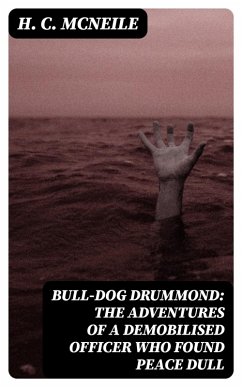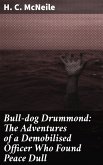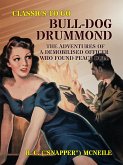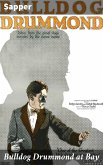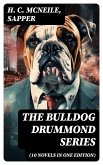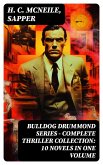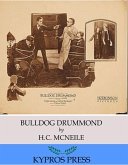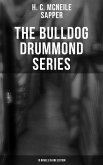H. C. McNeile's 'Bull-dog Drummond: The Adventures of a Demobilised Officer Who Found Peace Dull' is a classic piece of early 20th-century English literature that seamlessly combines elements of adventure, suspense, and wit. The novel follows the story of Hugh 'Bull-dog' Drummond, a former British army officer who, feeling restless after his demobilization, sets out to seek excitement and purpose. The book's fast-paced narrative and clever dialogue make it an engaging read, while its depiction of post-war disillusionment reflects the societal mood of the time. McNeile's writing style is straightforward yet captivating, drawing readers into Drummond's world of danger and intrigue. Overall, 'Bull-dog Drummond' offers a thrilling blend of escapism and social commentary, making it a standout work of early 20th-century popular fiction. H. C. McNeile, a former military man himself, drew inspiration from his own experiences to create the character of Bull-dog Drummond. His intimate knowledge of military life and his keen sense of adventure shine through in the novel, adding a layer of authenticity to the protagonist's actions and motivations. Readers who enjoy action-packed thrillers with a touch of social commentary will find 'Bull-dog Drummond' to be a compelling and entertaining read that transports them to a bygone era of swashbuckling heroes and daring escapades.
Dieser Download kann aus rechtlichen Gründen nur mit Rechnungsadresse in A, B, BG, CY, CZ, D, DK, EW, E, FIN, F, GR, H, IRL, I, LT, L, LR, M, NL, PL, P, R, S, SLO, SK ausgeliefert werden.

